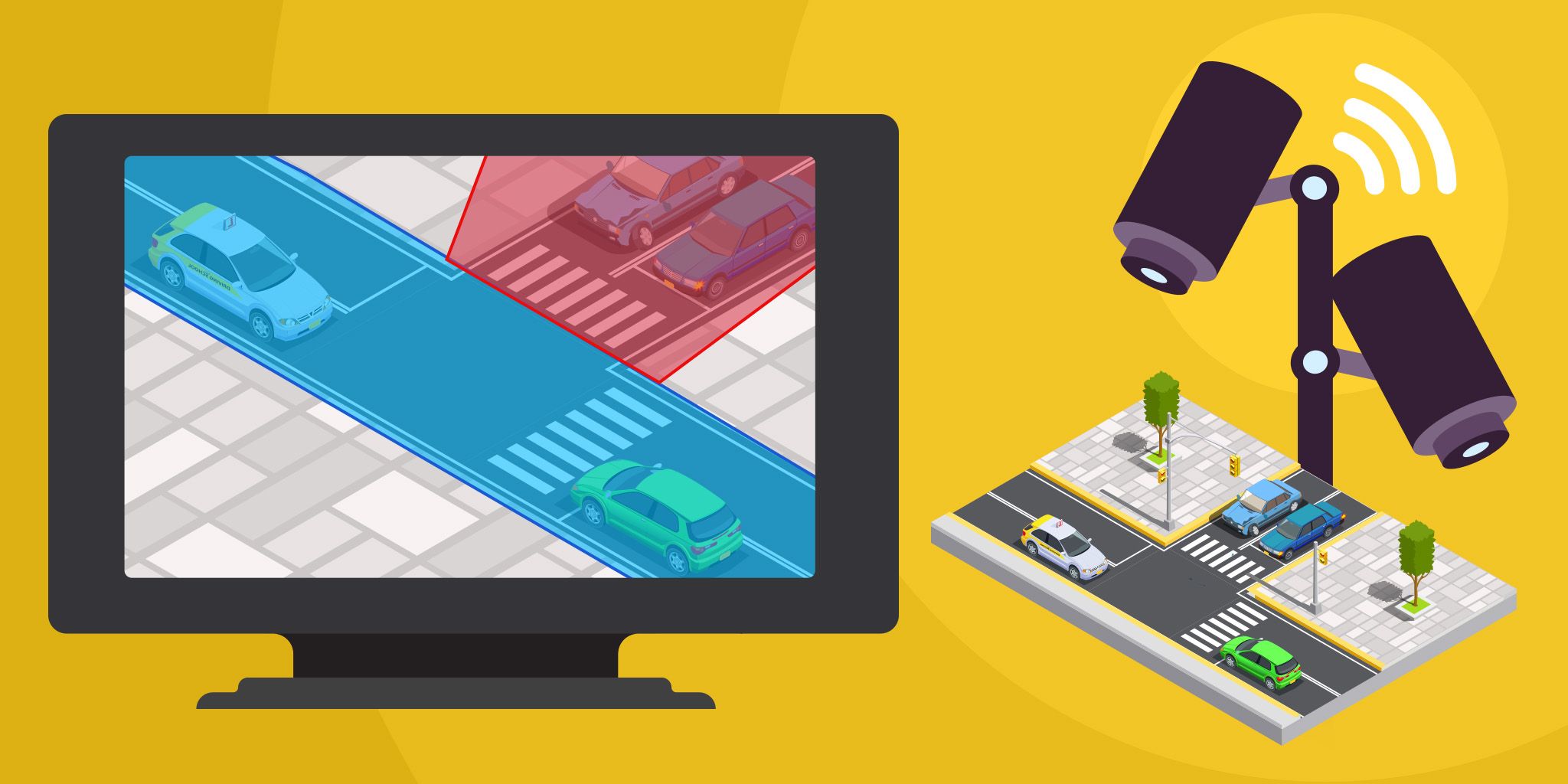How Are Blockchain and IoT Helping COVID Vaccine Shipments?
How Are Blockchain and IoT Helping COVID Vaccine Shipments?
- Last Updated: December 2, 2024
Guest Author
- Last Updated: December 2, 2024



Ever since the coronavirus pandemic struck the world, the entire globe has been eyeing the pharmaceutical industry for a vaccine that will effectively combat the virus.
It is hard to realize that the scientists who have been competing to develop the vaccine for the COVID-19 have done this within a year of its spread. Moderna and Pfizer are the two effective COVID-19 vaccines that have been developed so far to address the novel coronavirus.
Blockchain and IoT are helping with the logistic and shipment challenges of distributing the COVID-19 vaccines.
The healthcare ecosystem is facing challenges in terms of the COVID -19 vaccine storage and shipment. The unprecedented demand for the vaccine has demanded the technology to enter into this space.
Blockchain and IoT to the Rescue
We all know that the vaccine is approved for usage. Still, the ultimate burden lies in the logistics industry's hands, who need to look after the shipping, storage, and the most important aspect of storing it at cold temperature.
With this blog, we will see how the researchers, clinicians, and third-party logistics in the pharmaceutical supply chain apply Blockchain and IoT to unify, trace and secure the data.
Vaccine Overview
The Moderna vaccine needs to be stored below 20-degree Celsius, but it can handle storage between 2 and 4-degree Celsius. However, the Pfizer vaccine needs to be kept at minus 70-degree Celsius, which is nearly impossible. Keeping them at the temperature above this spoils the doses and renders them ineffective.
The two vaccines need to be stored at sub-zero temperatures during storage as well as transportation. Storing the vaccine at a lower temperature may spoil them and result in a crisis. Meanwhile, the criminals may counterfeit the vaccine and start distributing them into the market. So, these are the hurdles that are coming into the way of a covid-19 vaccine shipment.
The entire vaccination procedure is very complicated as every person needs two doses of these vaccines to cure themselves entirely. The second dose of the vaccine needs to be given to the patient within a few weeks of the first one. If taken too long apart, the person may need to restart it all over.
Now that we know the prerequisites for the vaccine's storage and shipment, look at how IoT and Blockchain are bringing a difference to the table.
IoT and Blockchain
Firstly, blockchain ensures that the counterfeit is not delivered to the vulnerable population, and secondly, the IoT stops the fraud arising out of it. But before this, let's see how exactly the Blockchain works in this landscape. It records the transactions on a distributed ledger for transparency, security, and accuracy.
One of the greatest advantages of using Blockchain is that it allows all the involved parties in the supply chain network to record the transaction at each stage of the product's (vaccine) shipment. This will prevent counterfeit doses from being distributed to the pharmaceutical supply chain.
However, the Blockchain is not alone; the tech needs to be paired with IoT for smooth passage.
Let's understand this with the help of an example. Suppose a pharmaceutical company is transporting the vaccine to a store. In the meantime, the delivery driver could pass off some of the vaccines, which you won't be able to figure out unless the technology IoT would have come into existence.
The owner needs to install a sensor in the truck to detect when and where the vehicle stops during the travel. This happening gets recorded on the blockchain ledger, from where an issue will be raised with the shipment, and you can easily track the problem.
In this way, Blockchain and IoT's duo prevents counterfeit products from being sold to the vulnerable population.
Have a look at the real-life example here.
British Hospitals Tracking Vaccines Using Blockchain
What comes as a hurdle in the way of the speedy distribution of vaccines is logistics. But British hospitals have made this possible with the help of significant technologies so that the vaccine can reach the population's arms right from the factory freezer.
The British Hospitals in Central Englands' Stratford-upon-Avon and Warwick are using Blockchain technology and making the maximum use of a distributed ledger to track the vaccines and monitor the fridges storing COVID-19 vaccines.
It helps them to keep an eye on the storage and supply of temperature-sensitive COVID-19 vaccines. Both Pfizer and Moderna Inc's vaccine needs different kinds of temperature for storage and shipping. At the same time, Pfizer Inc and BioNTech's shots must be stored and shipped at freezing temperatures, at the same time, Moderna Inc's need cold storage to make it easy to reach the masses.
Everyware, a data analyzing the company in the UK, monitors vaccines and other British NHS treatments (National Health Service). Texas-based ledger Hedera reports that Blockchain will strengthen record-keeping and data sharing across multiple chains.
Effectively Monitor COVID-19 Logistics with Blockchain
The decentralized ledger by Blockchain provides close coordination among the different parties such as vaccine distributors, vaccine providers, and the common people who are yet to receive the vaccine. It ensures that the temperature is trustworthy and the vaccine is stored at the specified temperature during the supply chain shipment.
The tech gives you a crystal clear picture of the vaccine's shipment from manufacturing to distribution to prevent the vaccine's counterfeit. It is more likely to occur shortly when the demand arises, and the logistics services may go out of track.
Due to the increase in the vaccine's demand in the future, the logistics companies may need to show the legitimacy of doses and ensure that the vaccine was transported under safe and prescribed conditions, says IBM's blockchain solutions leader Mark Treshock.
Strengthening Vaccine Cold Chain with IoT
The Pfizer and the Moderna vaccine need to be stored in a temperature-controlled environment during the shipment. If the temperature goes out of the prescribed range, it may result in the vaccine doses' spoilage.
However, IoT acts as a rescuer here. Its sensors are attached to the vaccine's container that tracks and reports the range of shipping environment data like required temperature, vibration, humidity, and acceleration.
It ensures the healthcare providers and vaccine distributors about the container's temperature and helps them identify the condition when the temperature goes out of the safe storage range. As a result, it will reduce the risk of damage and prevent them from being in losses.
The Bottom Line
It will be a wise option for the logistics companies to invest in technologies that will help them shore up the supply of the COVID-19 vaccine. Blockchain and IoT together have enabled the logistics providers to better track products and shipment information. IoT offers a potential solution to the logistics professionals to spot and fix them in the supply chain.
While the duo has marked a remarkable presence in the COVID-19 vaccine storage and shipments, the supply chain industry dealing with the COVID-19 shipment should implement the two technologies to improve its supply-chain operations and see how it exponentially increases transparency between them and vulnerable populations.
If you also own a pharmaceutical industry dealing in vaccine shipment, get in touch with the top software development companies. This will benefit not only your industry but also humanity.
The Most Comprehensive IoT Newsletter for Enterprises
Showcasing the highest-quality content, resources, news, and insights from the world of the Internet of Things. Subscribe to remain informed and up-to-date.
New Podcast Episode

IoT in 2026: Trends and Predictions
Related Articles





